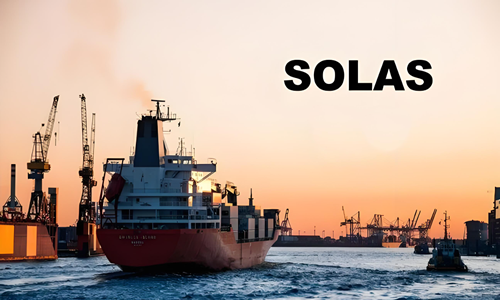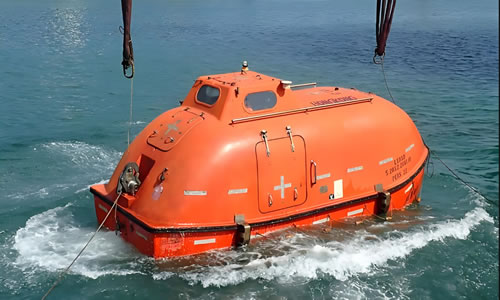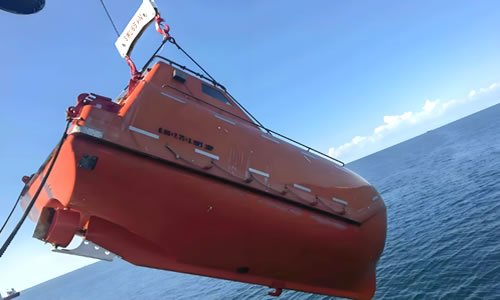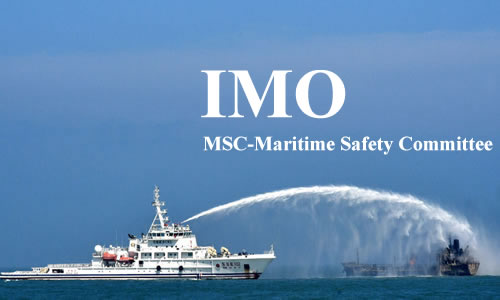SOLAS requirements for ships
- Ensuring Maritime Safety
The International Convention for the Safety of Life at Sea (SOLAS) is a comprehensive framework that establishes minimum safety standards for ships engaged in international voyages. Its requirements are designed to protect lives, property, and the marine environment by addressing various aspects of ship construction, equipment, and operation. These requirements are continuously updated to reflect advancements in technology and emerging challenges in the maritime industry.
One of the core requirements of SOLAS is the structural integrity of ships. The convention mandates that vessels must be constructed with materials and designs that ensure stability and durability, even under harsh maritime conditions. This includes specifications for hull strength, watertight compartments, and damage control systems to prevent flooding and capsizing. These measures are critical to ensuring the ship’s ability to withstand accidents or extreme weather.
Fire safety is another key focus of SOLAS. Ships must be equipped with fire detection and suppression systems, including alarms, fire extinguishers, and fixed firefighting installations. The convention also requires the use of fire-resistant materials in construction and the implementation of fire safety plans to minimize the risk of onboard fires. Regular fire drills and crew training are mandatory to ensure preparedness in emergencies.
Life-saving appliances are a vital component of SOLAS requirements. Ships must carry sufficient lifeboats, life rafts, and personal life-saving equipment, such as life jackets and immersion suits, to accommodate all passengers and crew. These appliances must be regularly inspected and maintained to ensure they are functional and ready for use. Additionally, SOLAS requires ships to have clear evacuation procedures and muster stations to facilitate orderly abandon-ship operations.
Navigation safety is also a priority under SOLAS. Ships must be equipped with modern navigational aids, including radar, electronic chart display systems (ECDIS), and automatic identification systems (AIS). These tools help prevent collisions and groundings by providing real-time information about the ship’s position and surrounding traffic. The convention also mandates the use of up-to-date nautical charts and publications to ensure safe passage.
The International Ship and Port Facility Security (ISPS) Code, introduced as part of SOLAS, addresses maritime security. It requires ships and port facilities to implement security plans, conduct risk assessments, and train personnel to respond to potential threats such as piracy or terrorism. Ships must also carry security officers and maintain communication with relevant authorities to enhance situational awareness.
Finally, SOLAS emphasizes the importance of environmental protection. The convention includes provisions to prevent pollution from ships, such as requirements for oil filtering equipment, sewage treatment systems, and garbage management plans. These measures aim to minimize the environmental impact of maritime operations.
In conclusion, SOLAS requirements are a cornerstone of global maritime safety. By addressing structural integrity, fire safety, life-saving appliances, navigation, security, and environmental protection, the convention ensures that ships operate safely and responsibly. Its ongoing evolution reflects the maritime industry’s commitment to safeguarding lives and the oceans.


 Fire Hose and Fire Hose Couplings
Fire Hose and Fire Hose Couplings 



